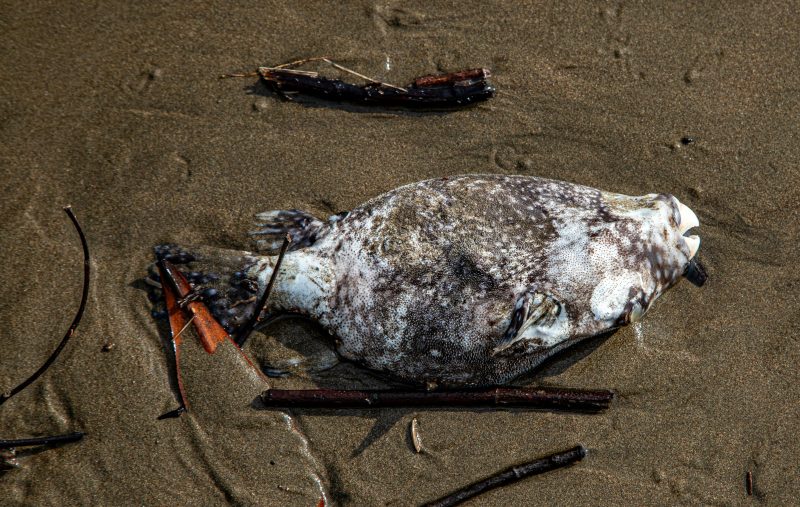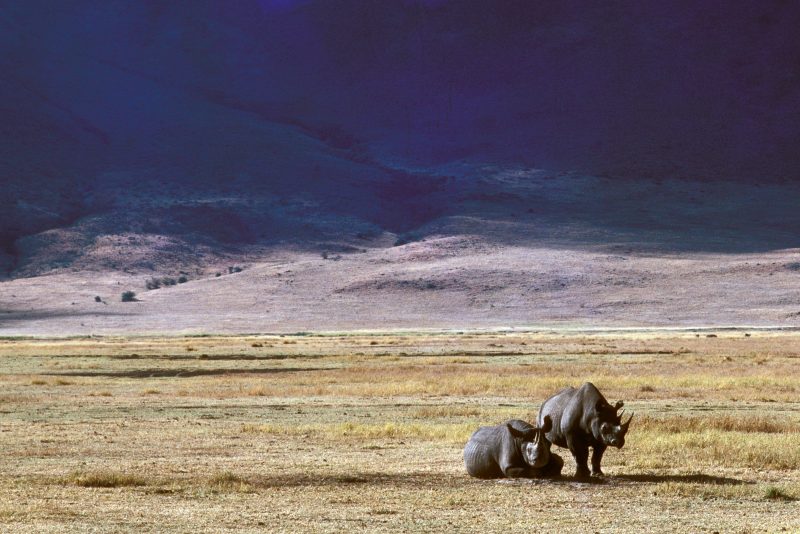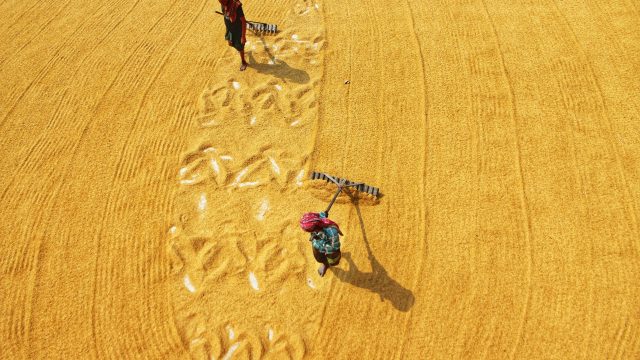The G20 can't afford to ignore nature
The devastation of nature is leading to economic devastation, says a WWF open letter signed by 49 experts

As the G20 convenes under South Africa’s Presidency in 2025, the world faces interconnected crises of climate change, biodiversity loss, and economic inequality. South Africa—a megadiverse nation committed to addressing climate action, debt sustainability, and a just energy transition during its G20 Presidency—has the opportunity to demonstrate leadership by addressing nature alongside climate, especially through economic and financial reforms.
Current economic and financial systems are driving ecosystem and climate breakdown toward irreversible tipping points. G20 environment ministers have already highlighted how nature loss poses increasing risks to economic and financial stability.
“ Incorporating nature into the implementation of the G20 Sustainable Finance Roadmap is both an ethical imperative and an economic necessity.”
With over half of global GDP ($44 trillion) moderately or highly dependent on nature and the entire economy ultimately reliant on it, the World Economic Forum’s 2025 Global Risks Report ranks nature loss, alongside climate change, among the top four global risks facing business over the next decade. The global costs of unsustainable practices in food, land, and ocean systems are estimated at $12 trillion—and these costs continue to rise.
The role of the G20 Sustainable Finance Working Group in addressing the impacts of nature loss on the global economy
In this context, WWF and a global coalition of experts released an open letter in June 2025 calling on the G20 Sustainable Finance Working Group to include nature in its revised G20 Sustainable Finance Roadmap.
Under the South African Presidency, the G20 Sustainable Finance Working Group is at a critical juncture. The G20 Sustainable Finance Roadmap is entering a new implementation phase in 2025, which presents an opportunity to expand the Roadmap to broaden its focus to include nature. The G20 Sustainable Finance Roadmap established the finance sector’s role in driving climate action. It must now do the same for nature.
The Working Group produced the G20 Sustainable Finance Roadmap at a time when the Kunming-Montreal Global Biodiversity Framework (GBF) did not exist, but now that the Framework has been adopted, the time is ripe to update the G20 Roadmap to reflect this development, particularly Target 14 of the GBF which states that signatories will work towards “progressively aligning all relevant public and private activities, fiscal and financial flows with the goals and targets of this framework.”

Incorporating nature into the implementation of the G20 Sustainable Finance Roadmap is both an ethical imperative and an economic necessity. As recognised by the Coalition of Finance Ministers for Climate Action, “The global economy is embedded in nature as it is profoundly dependent—and has a profound impact—on nature, placing nature loss squarely in the realm of economic decision-makers.” To reverse biodiversity loss, we must build a nature-positive economy—an economy that results in increasing levels of nature over time, disincentivises the overexploitation of nature, and operates within planetary boundaries.
Five priority areas for action, as outlined by WWF’s Global Roadmap for a Nature-Positive Economy
Last year, WWF published a Global Roadmap for a Nature-Positive Economy which offers a high-level framework and set of recommendations, based on extensive technical input from international experts, that could be incorporated into the G20’s Sustainable Finance Roadmap. It outlines five key areas where financial and economic systems must evolve to enable nature-positive outcomes:
- Nature-positive transition pathways: Clear guidance is needed on what a nature-positive economy looks like across sectors. While business-led initiatives have begun to map these out, public policy must define and support credible transition pathways.
- Data and metrics: Frameworks such as the Taskforce on Nature-related Financial Disclosures (TNFD) and the global framework for natural capital accounting have made important strides. However, widespread uptake and integration into policy and regulation are needed to ensure consistent measurement of nature-related risks and dependencies and their incorporation into decision-making.
- Shifting private capital: While growing attention is focused on mobilising finance for biodiversity, relatively little progress has been made in redirecting capital away from nature-degrading activities and towards more nature-friendly production patterns. Financial regulators have a crucial role to play in closing this gap.
- International financial institutions and development finance institutions: In many nature-rich countries, constrained fiscal space limits investment in nature. Public finance and development banks are essential to creating enabling environments for nature-positive growth, particularly through concessional financing and policy support.
- Trade and governance of the global commons: Trade rules can unintentionally disincentivise higher environmental standards. Ensuring that trade regimes support the objectives of the Global Biodiversity Framework—and that commons like oceans and rainforests are protected equitably—is a significant governance challenge.
The G20 has the tools, influence, and responsibility to realign global finance and the economy, so that it operates within safe planetary boundaries. To play its part, the G20 Sustainable Finance Working Group should embed nature within the next iteration of its Sustainable Finance Roadmap. Doing so would not only reflect evolving global biodiversity commitments (which 196 countries have signed up to via the Global Biodiversity Framework), but also respond to the mounting economic risks of inaction on climate change and biodiversity loss.
For more information, read WWF’s open letter to the G20 Sustainable Finance Working Group (released 4 June 2025) here.
- Karen Ellis, Chief Economist, WWF-UK


